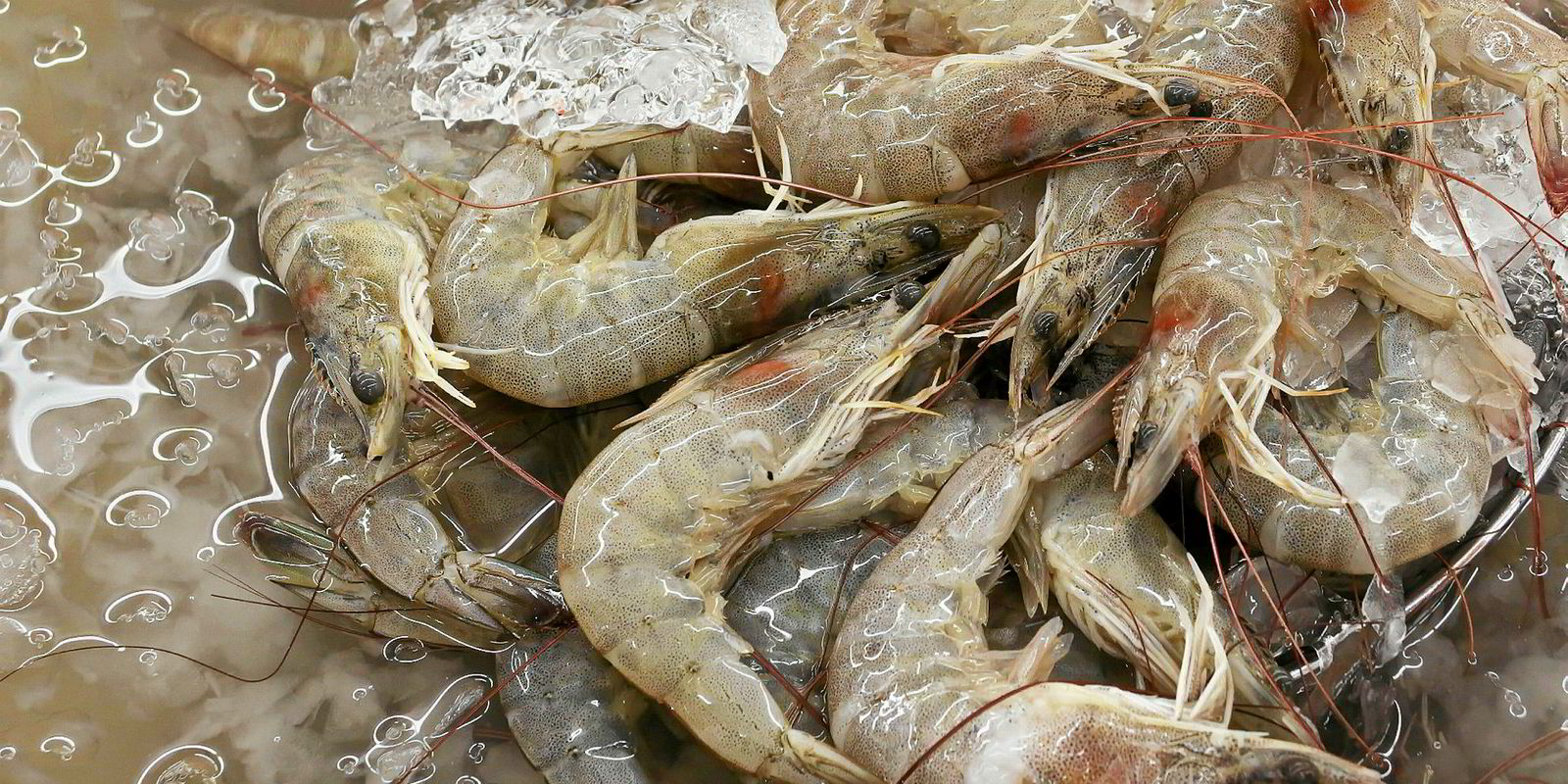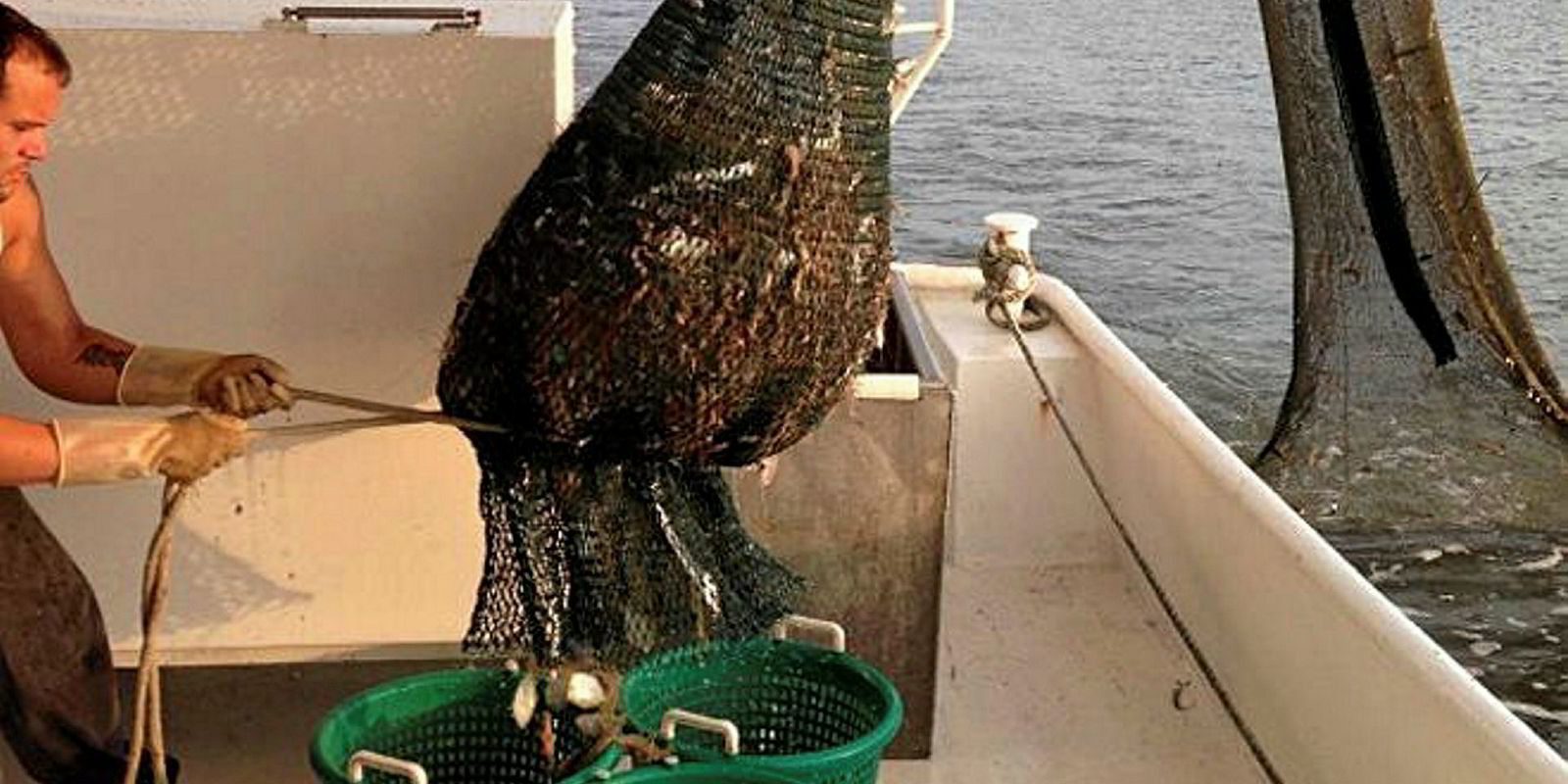I don't like US President Donald Trump. I'll leave it with that to set the scene.
On a business scale, he has been throwing the global economy – including the seafood industry – into turmoil with his erratic trade politics, since taking over as America’s most important man on Jan. 20, 2017.
At least for me, it’s difficult to see anything good in what this man does. But what if there was actually something positive about his protectionist fuss after all? What if he’s actually triggering something that leads to a more sustainable, greener future?
“Wait a minute,” you’ll say now. “Is she talking about the man who quit the Paris Climate Agreement, the man who promised to save the US coal industry, whose energy plan entails more fossil fuels and fewer environmental rules?”
Yes, I am talking about the same man (and it’s not easy to write all this). Just bear with me.
For businesses, especially the ones operating on a global scale, free trade is the dream. For green activists and environmentalists it’s a nightmare come true.
The carbon footprint of Alaska pollock or salmon that’s flown or shipped to China for reprocessing just to be sent back to European or US markets as twice-frozen fish is huge. It might make economic sense, but can we still justify it in light of the global climate crisis?
Around one quarter of all harmful emissions we produce every year can be traced back to the international stream of goods, according to the United Nations Conference on Trade and Development (UNCTAD).
Airplanes and cargo ships are largely exempt from environmental regulations and that’s part of the issue. But one could argue that free trade and global consumerism are the biggest polluters we have today.
Don’t get me wrong, I’m not a fan of Trump’s protectionism or politics. But I’m a fan of this planet and it’s pretty clear that our current economic system doesn’t go too well with our efforts of protecting it.
Perhaps we should take Trump’s politics as an opportunity to rethink how we trade on a global scale. This would require a huge effort, of course, a rethinking, and it would need the involvement of a number of stakeholders, including governments.
What if the United States would finally adapt legislation, which would make it easier to kick-start domestic aquaculture ventures? What if China’s shrimp and tilapia producers would start focusing on the frankly very hungry domestic market instead of shipping their products all across the globe?
What if global seafood companies would revert their strategies and start investing in fish farming ventures in less developed countries? Ventures designed to serve those markets – such as this one - and ventures that involve, train and employ local people, governments and NGOs.
Wouldn’t they create opportunities for local people, give them a perspective, fight some of the causes of the current “refugee crisis” – and help cut carbon emissions?
“She’s gone off the rails,” you’ll say now.
But anyone with an interest in history will know better. It’s not the first time that seemingly strong economies and empires collapsed because of the way we treated this planet.
Already the Ancient Greeks and the Roman Empire imploded partly because of the strain they put on their lands. Those regions once boasted forests and a climate comparable to that of current-day Central Europe.
But today, the lands are dry and withered. Why? Because in their half-globalized world, those leaders thought they were "the greatest." They took and took and took, they thought they’d be able to bend nature’s rules, without it ever having a consequence – much like we do today.
They had to learn the hard way and we probably will have to learn too. The only difference is that we have the knowledge, the technology and science to do better.
Perhaps we should take Trump’s erratic trade politics as an opportunity, a starting point, to change.
Because frankly, what’s the point of amassing more and more money, of increasing value for shareholders, of growing market share in this and that region if we help destroying this planet for our kids and grandkids -- and the people we so desperately want to feed in the future.
Comments? Email me at elisabeth.fischer@intrafish.com
Twitter: EF_IntraFish




